Estimated reading time: 5 minutes
One of the easiest—but most important—things you can do to control both pests and diseases in your fruit trees is to pick up all the fruit that falls during the season.
We call this practice “orchard hygiene”.
Fallen fruit is a sad but common sight under apricot trees. Fruit that has been pecked by birds or is overripe falls to the ground. Once on the ground, it will usually then develop brown rot (if it didn’t already have it).
This is normal—fungal diseases like brown rot are incredibly useful in the ecosystem. They play a key role in returning organic waste to the soil.
Unfortunately, they cause damage along the way. Leaf curl disease of peaches and nectarines is a similar story. Infected leaves fall to the ground where they return to the soil as organic matter. A key difference is that there’s no need to pick up the infected leaves.
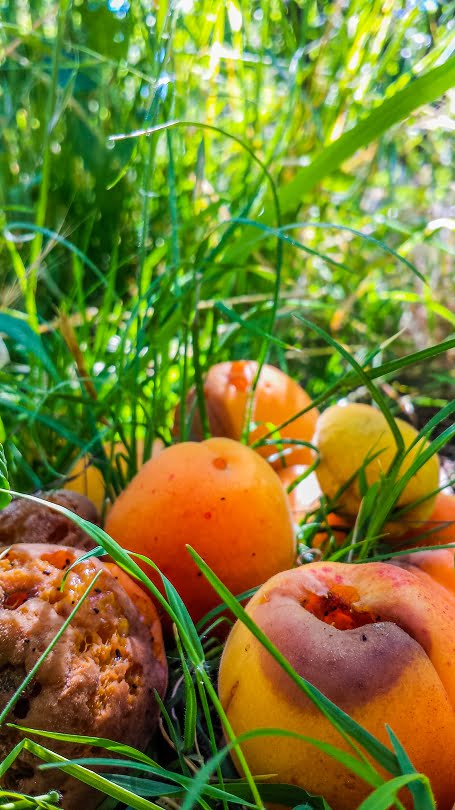
It may seem counter-intuitive to remove this fabulous source of organic matter from the soil. It goes against the ‘closed-loop’ version of nutrition. This is a key permaculture principle and one we practice here on the farm as much as possible.
However, if you leave the fruit lying on the ground there’s a chance the brown rot can spread into the fruit on the tree that is still healthy.
You also don’t want to leave brown rot spores around your tree where it can start an infection next year. So, it’s important to pick the fruit up and completely remove fallen fruit from the area.
How to use the fruit
Where permaculture principles come into play is what happens next. You definitely don’t want to lose all that lovely organic matter if possible.
We collect ours and save whatever we can. If it hasn’t been on the ground too long, you may be able to remove the rotten parts and eat or cook th rest of the fruit.
However, if it’s been there a while, chances are that insects will have moved in or infection may have taken over the fruit.
Even then, all is not lost. It’s still often fine to feed it to animals, either at your own place or someone else’s. Neighbours with chickens are often glad of donations, and if you know anyone with a goat they’ll be eternally grateful for the extra feed.
Putting the fruit into a worm farm or through a hot compost system also ‘cleans’ it. Once it’s been processed in this way, there’s no risk of spreading brown rot by putting the end products (worm castings or compost) back onto the soil.
What else can go wrong if you don’t pick up fruit?
There are at least three other excellent reasons not to leave fruit under your trees. It provides the perfect breeding ground for the following pests:
(a) Carpophilus Beetle. This is a very small beetle that puts tiny holes in fruit. It’s also a carrier of Brown rot fungal spores.
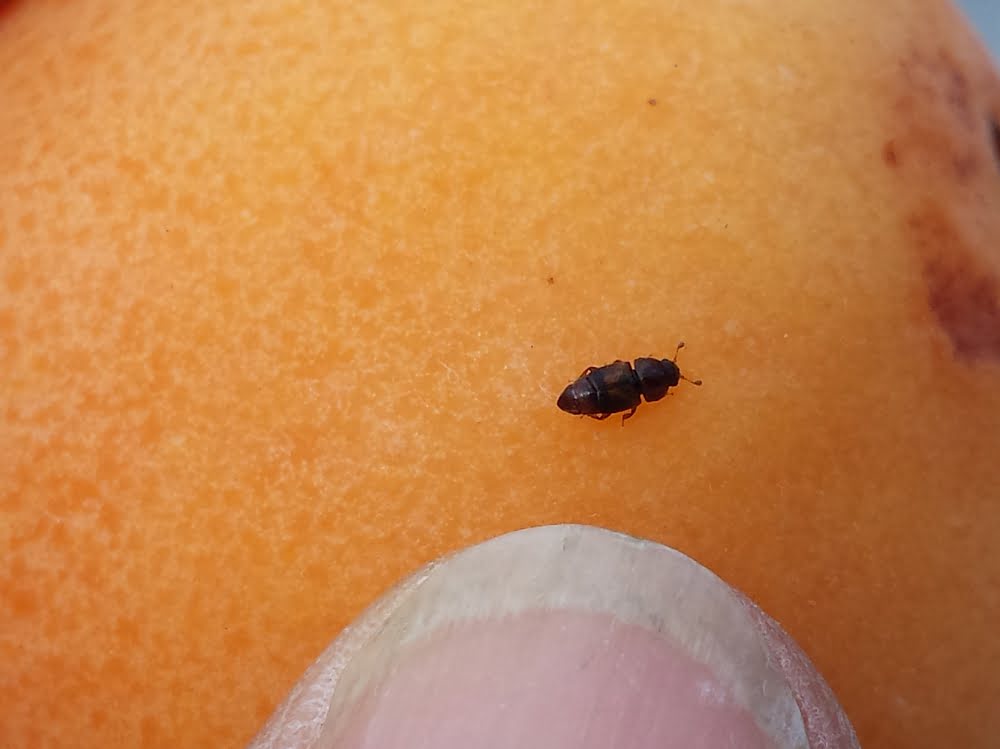
(b) Earwigs. Fruit on the ground provides a good food source and breeding ground for earwigs. These annoying critters are one of the worst pests of stone fruit.
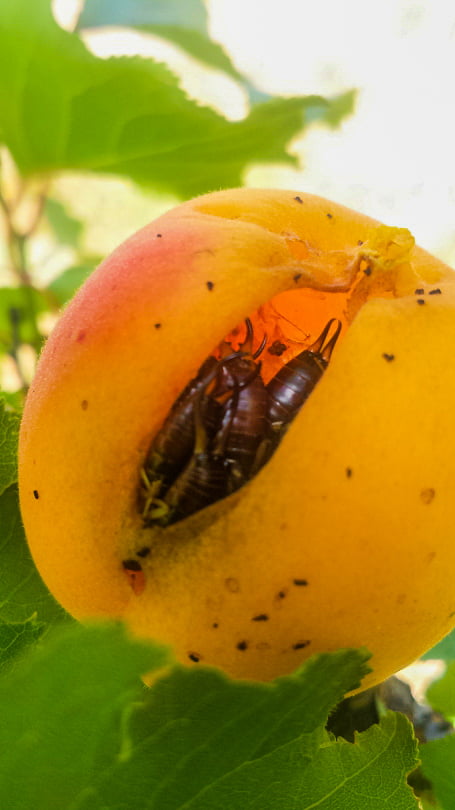
(c) Queensland Fruit Fly. We don’t have these in our district (yet), but it’s a terrible problem in many fruit growing areas. QFF relies on fruit and vegetables as its food source.
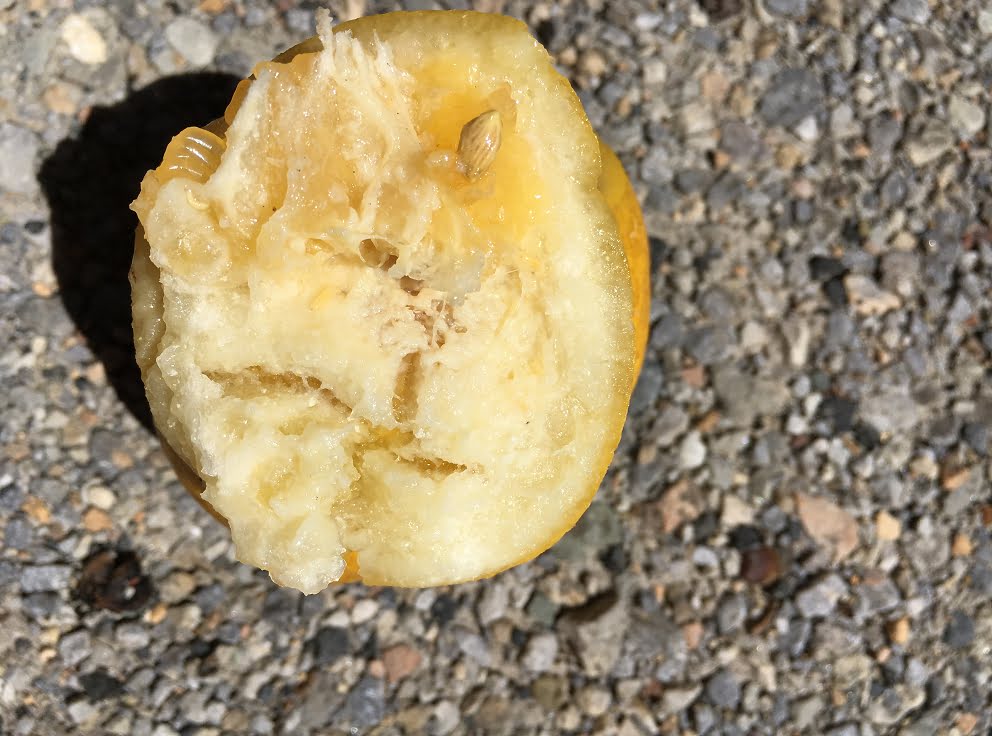
Fruit fly won’t infect fallen fruit. However, if they’ve already laid eggs in the fruit before it falls, the fruit on the ground provides the perfect nursery habitat for the next generation.
Related Articles
What broke my fruit tree?
Broken fruit trees can be caused by animals eating them, or accidental damage. Identifying the animal is the first step to prevention.
How to review and improve your fruit tree netting
Ineffective netting over your fruit trees may be costing you more than you think, so review your netting at the end of the season.
Fruit tree leaves: bonus or problem?
Should you let the leaves from your fruit tree stay on the ground in autumn, or are you just asking for trouble? We’ll help you decide.
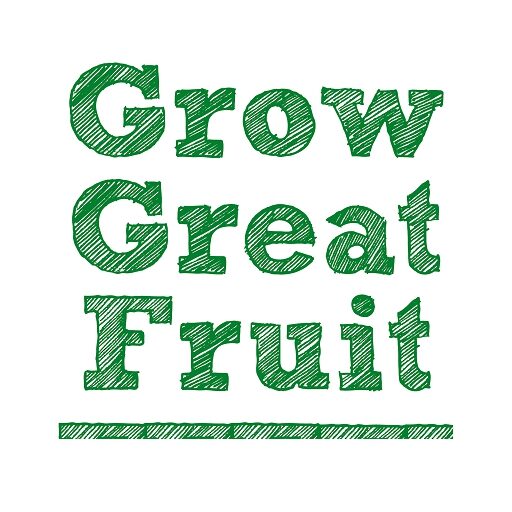
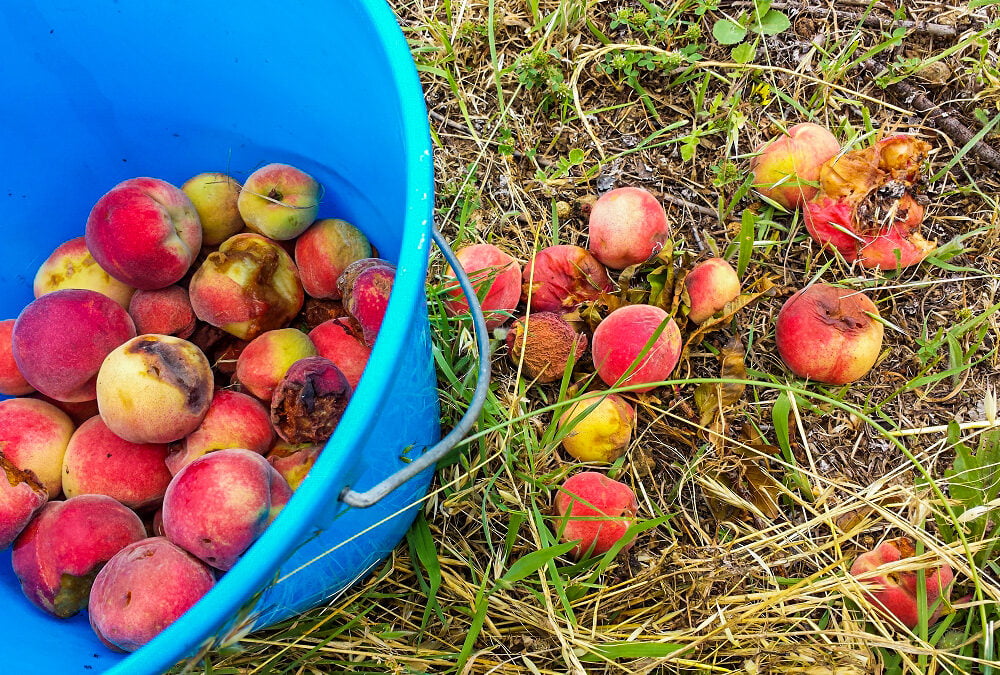
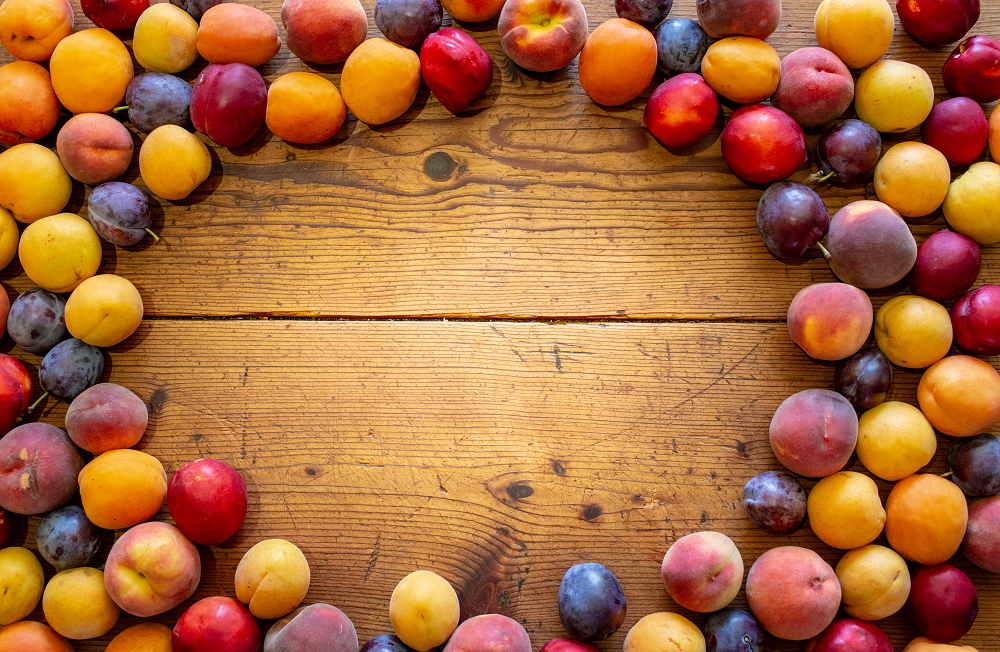

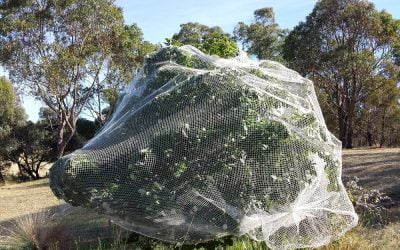
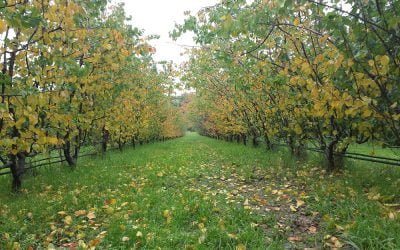
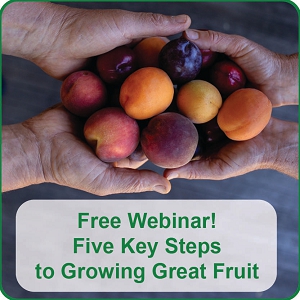
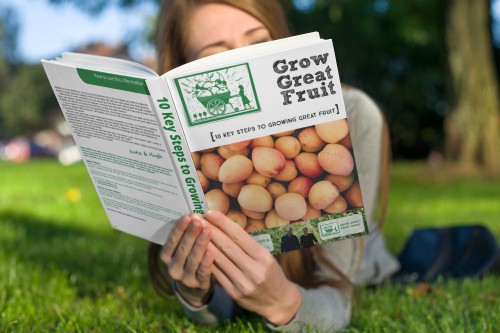
How can one get rid of the carpophilus beetle and earwigs once they are present??
We never try to get rid of insects Ame, you’re just fighting a losing battle! We look for ways of protecting the fruit from them instead.
Our geese and chickens will do a great job WHEN we get fruit. I couldn’t buy frost protection early enough but will be prepared next year. We will indeed be sourcing dropped fruit for them. They come running. If you have any spare I would love some and can exchange some work or even bring the geese to clean up sporadically in electric netting.
Hi Arianne, geese and chickens are a great plan for cleaning up fruit. Thanks for offer of bringing the geese to the farm, get in touch with Ant Wilson (who’s leased our orchard) through his Facebook page Tellurian Fruit Gardens to see if he’s interested.
Sent to me from Angie…she is smarter than me. I grow chestnuts and cherries
I’m curious why is there no need to pick up leaves infected with leaf curl? I always thought they should be removed. (I followed the link in the article but saw no mention of what to do with infected leaves.)
Hi Jo, as long as your soil is active and the fallen leaves have disappeared by the following spring, there’s no need to pick them up. They will have broken up, worms will have taken them underground and eaten them etc., and there’s not a spore load left around to infect the trees. The infection is caused by spores on the flower buds, not the leaves on the ground. So that’s one job you don’t have to do!
Is there a vacuum or something to help picking up fruit from under a tree. I’m disabled and can’t physically get down there and pick it all up. And my plum tree dropped HUNDREDS before I could pick them off the tree. And I still harvested hundreds.
Hi Aimee, that sounds challenging. Not aware of anything like that sorry! Do you have some neighbours or friends who could help next time? Perhaps a working bee where everyone takes a few plums? Hope you find a solution! Meg – GGF team.
Do you have a reacher? Like the hand-held stick with a claw on the end? You can get em at drug stores near the walking canes. If not, a coffee can nailed to a stick might work just as well. Just brainstorming. Hope you find a solution! If not, neighbor’s kids, grand kids, friends’ kids, church youth group – heck, maybe even check with your local high school coaches to see if they are interested in using it as a team-building excersize or community service project. You provide lunch and plenty of water/gatorade, and put that young blood to work!
Thanks for the suggestions Angela! 🙂
I’d like to offer a solution to the inability to take off your fruit or gather the fallen fruit. My husband and I had an almond orchard of almost a thousand trees and an assorted bunch of fruit trees. They were never allowed to be taller than us and we began pruning low from the beginning and when the fruit was ripening (not almonds)we laid white sheets on the ground under trees which made collecting easier. Friends were always there to help since we both had bad backs. Good luck
Thanks for the suggestion. We also keep trees low in height for that reason.